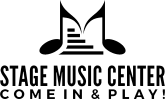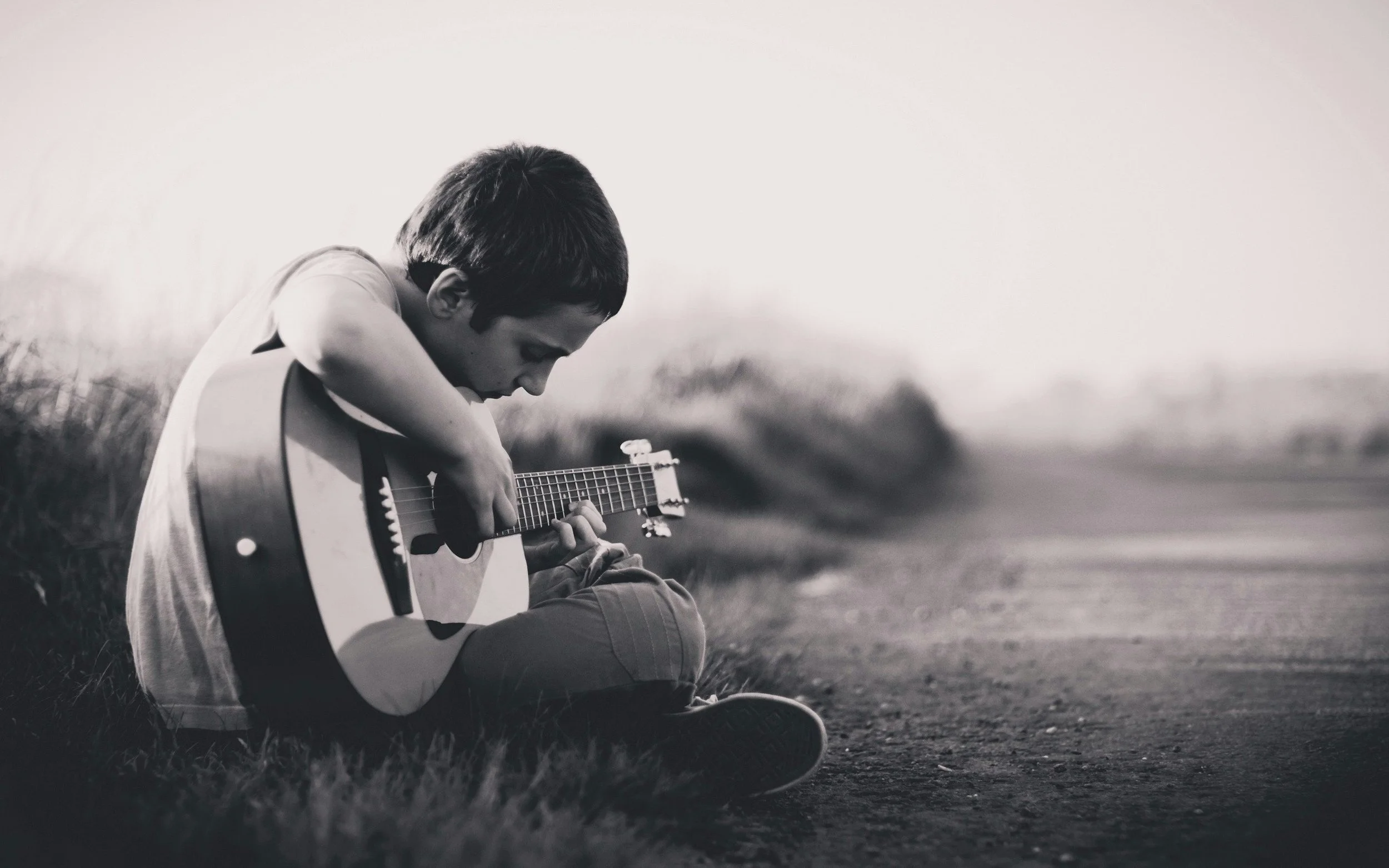The Role of Music in the Healthy Development of Adolescents
You're just old enough to take your normal teenage angst and add a dash of genius! That's how some people describe what it's like being a teenager. Adolescence is a time of explosive growth and change that's exciting, exhausting, and often scary. It's also a time of high emotion and a lot of confusion.
As your kids enter adolescence, they suddenly experience a burst of emotions they don't know how to deal with—pressure from parents, peer pressure, mood swings, instant gratification urges, constant emotional flux…you name it!
Music lessons comes with psychological and emotional benefits that extend to later stages of life.
The good news is that adults can help their children cope with the challenges of adolescence. And that's where music comes in. Although it isn't easy to navigate through teenage struggles, exposure and involvement with music can make the coming of age more bearable.
Music is an effective tool for adults and adolescents to talk about how they are feeling. It can help people express themselves more freely, and it can also help people feel less overwhelmed by the changes in their lives. Music can also be a great way to connect with people who are struggling.
Studying music comes with psychological and emotional benefits that extend to later stages of life. As teenagers begin their music lessons, they'll be able to use music to process their feelings and constructively express their emotions. They become a part of a space where their self-expressions are cherished without judgment.
Let's find out other ways music contributes to a teenager's growth.
Music Nurtures Creativity in Teens
Why is it essential to nurture creativity in teens?
Creativity adds perspectives; it allows teenagers to see the world from different viewpoints and bring out-of-the-box solutions to problems.
One great way to make adolescents more creative is by exposing them to music.
Music makes kids and teens creative by promoting divergent thinking. It opens their minds to ideas and possibilities, fostering new ways to solve problems.
Besides, it takes a great deal of creativity to channel your thought patterns and emotions into lyrics. And when you play music, you can effectively channel your feelings into vocal cords and create musical notes of varying pitches.
Music Increases a Teenager's Confidence
Musical lessons and group performances can boost teenagers' confidence levels.
Musical performances build confidence in adolescents.
When teens join a music club or a music center, they get the chance to perform in front of audiences. Over time, these repeated performances remove stage fright and help teens feel comfortable in their skin.
Plus, music lessons teach teens how to improvise. Frequent stage performances allow adolescents to get the hang of fixing mistakes with quick adjustments.
What is learned through music translates into presentations, public speaking, and other performance-based activities. Additionally, these teens grow into confident adults who are less likely to falter in social scenarios due to anxiety and stress.
Music Improves Social Skills in Adolescents
Music lessons come with opportunities to meet and connect with fellow musicians. When teenagers join musicals, they spend time practicing and performing in groups. This leads to finding like-minded individuals, cultivating friendships, and building a music community.
Having a music community can be especially beneficial to introverted teenagers or those having social anxiety. Since it's hard to socialize in everyday settings, being part of a community makes it easier to blend in.
Similarly, music can be equally beneficial for teens who undergo anxiety and depression when they feel disconnected from their peers. So, when they're a part of any music club, they get an ego boost and feel a sense of belonging.
Music Improves Academic Performance
Studies indicate a strong relationship between school, arts, and academic performance. Students who participate in quality music programs generally score higher on tests than those who don't.
What's more, if your children are challenged by math or struggle to read properly, turn them to music! According to researchers, teens who take music lessons have better memory, attention, and problem-solving skills than those who don't. These are the same skills required for reading or doing math problems.
As much as these cognitive skills turn teens into high-achievers, they train their minds to deal with the complex problems they'd face in adulthood.
Music Helps Teens Cope With Emotions
The transition between childhood and adulthood is a roller-coaster of many different emotions. From spirited, rebellious, and jealous to annoyed, stressed, and depressed—the average teenager experiences various emotions every day.
Music provides kids and teens with a healthy way to regulate and cope with their feelings. After a tough day at school, who wouldn't want to relieve some stress by strumming guitar strings or striking the drums?
By indulging in music, teenagers distract themselves from negative emotions, vent their feelings, and relieve stress.
Music Promotes Tolerance
Music classes give teens from different socio-economic backgrounds a common platform to work together. It acts as a social glue for building tolerance and acceptance among teens from diverse backgrounds.
Plus, the music celebrates diversity! When bands feature singers, guitarists, drummers, and saxophonists together, they play an equally important role in pulling off performances.
Further, teens can play around with different musical instruments and pick the one they feel most passionate about. This gives them independence and encouragement to pursue things they naturally like.
Music Provides a Sense of Identity
"Vibing" is a teenager's term for expressing approval when a music piece resonates with their personality. Moreover, having a sense of identity is crucial for every growing teenager's development.
Adolescence is the time when an individual starts to question who they are. Pop culture and music trends help teens shape their identity. It is very common to find teens experimenting with their fashion style and music taste.
Case in point: Teenybopper—a teenage girl who mainly listens to pop music and follows teen idols and the latest fashion trends.
Although it can be challenging for a teen to have self-awareness, music can give them identity expressions and help them explore their sense of self.
Music Promotes Happiness
Loud music stimulates the Saccule—a part of the ear having a neural connection with the brain's pleasure centers. When teens listen to music, the brain releases endorphins, fueling a desire for even louder music.
According to Dr. Levitin, a psychology professor at McGill University, music increases dopamine—the brain's motivation chemical and the cornerstone of the pleasure-reward system. It's the same chemical that kicks in when you take a bite of chocolate or get a runner's high.
Every time your teen's favorite song unexpectedly comes up, they feel a spurt of dopamine! This promotes the feeling of happiness, which is crucial for the healthy development of adolescents.
Enroll Your Kids in Music Lessons
Given the many different benefits of music, you don't want your adolescent to miss the chance for healthy personal development, do you? Register your teen for one of our music classes in Winchester or Acton, MA, and help them develop into happy, tolerant, creative, and confident adults.
Stage Music Center offers voice and instrument classes for adults, children, and adolescents.
Register for our music lesson today or contact us for more information.
Read more posts from our blog:
Top 10 Broadway Musicals for Kids
Loved the Super Bowl Performance? Here's Where it all Started…


